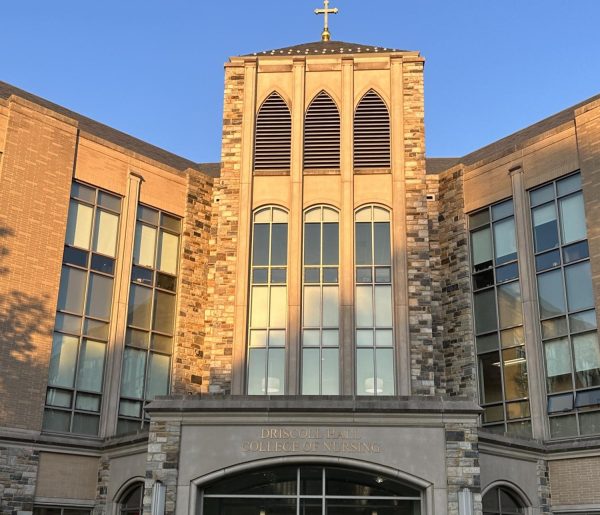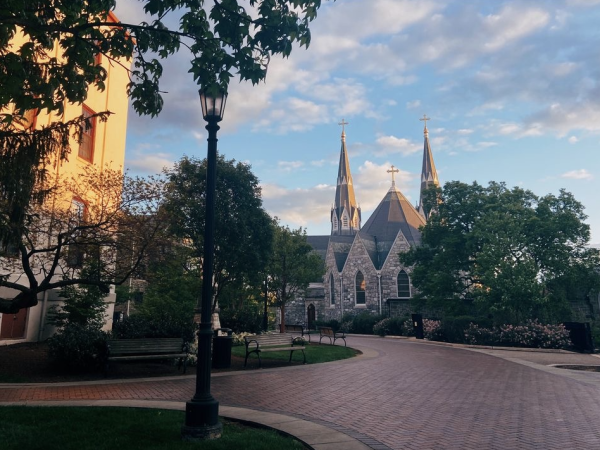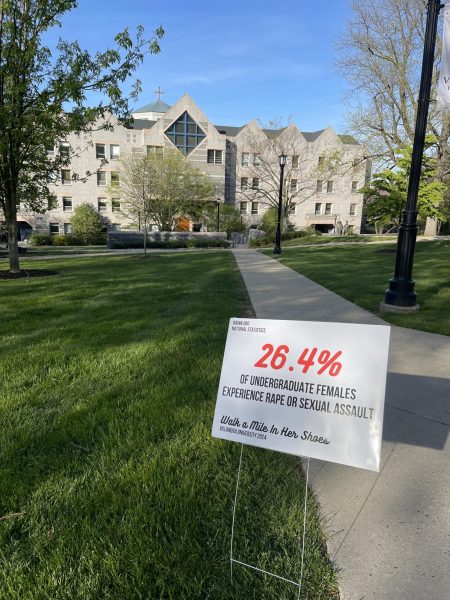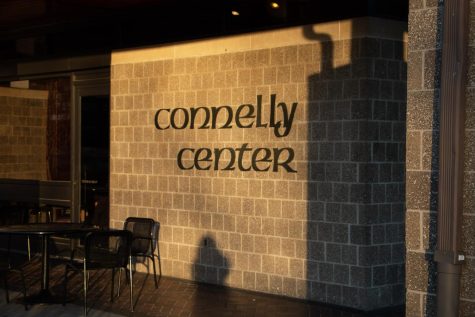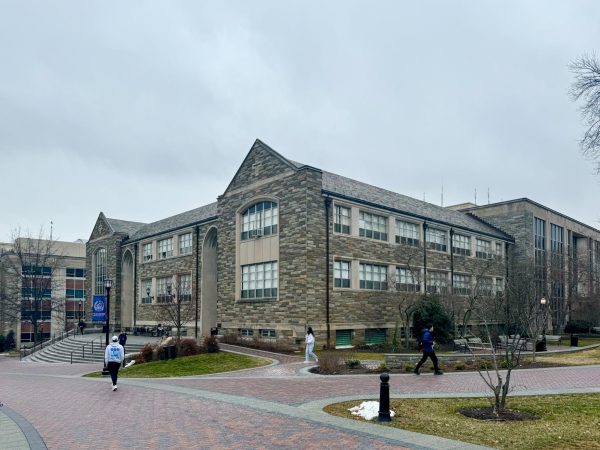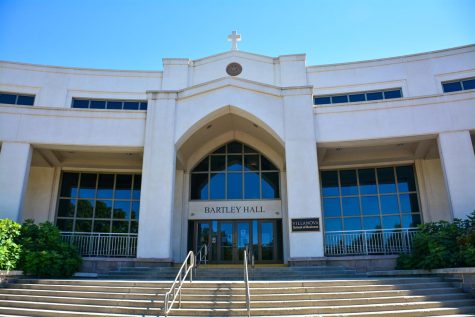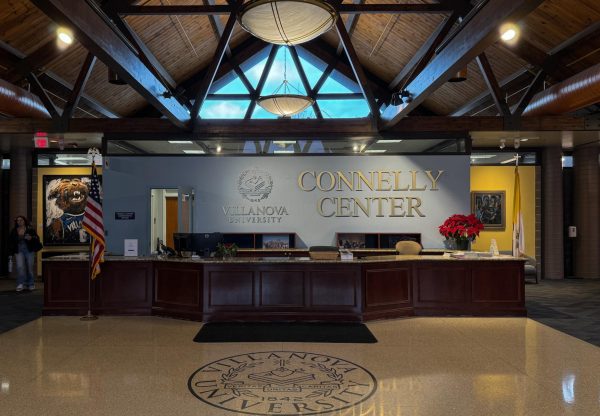Lehigh prof. delivers lecture on Malcolm X
February 12, 2015
Saladin Ambar, a distinguished associate professor of political science from Lehigh University, gave the annual Black History Month speech in commemoration of the 50th anniversary of the assassination of Malcolm X.
Ambar began his speech by telling the audience some details of his own life. He grew up in Queens, N.Y. with his single mother in the 70s and 80s with a “real loss of personal identity.”
He recalls being 13 years old in the projects, sitting in a living room and listening to his cousin tell him that he did not know anything about history because he did not know anything about Malcolm X, a prominent figure in the Civil Rights Movement.
A minister of The Nation of Islam, Malcolm X rose up as a civil rights leader in the 1950s and 1960s. Many disagreed with his views regarding pursuit of civil liberties, including Martin Luther King Jr.
After being educated about and inspired by Malcolm X Ambar dedicated his life to further education. He reveals that he changed his name from Ralph Lamb when he converted to Islam.
Despite his house being firebombed, Malcolm X still managed to deliver advocacy speeches in Detroit and Harlem fifty years ago this Valentine’s Day and was assassinated at point-blank range in New York City exactly a week later on February 21.
“I think it is important to remind ourselves that he was part of the Civil Rights Movement but with a different approach,” Ambar said.
Ambar emphasized that Malcolm X did not encourage violence in any way. However, he believed that all people had a right to self-defense or a physical struggle if the protest came to that.
Ambar talked about how Malcolm X expressed views similar to those of John Locke. If the oppressed tried everything they could do to obtain political freedom but the government still resisted, the people had the right to do anything to throw off the shackles of oppression.
Ambar also discussed how Malcolm X spoke out against police brutality and made the case at Oxford Union that “[the media] take the criminal and portray him as if he were the victim and take the victim and portray him as if he were the criminal.”
Ambar acknowledges that Malcolm X would not change anything about his statement in today’s world. Malcolm X also frequently spoke out about the racial injustice and discrimination occuring throughout the world during the 50s and 60s.
Ambar says that Villanovans can live out Malcolm X’s legacy by “educating themselves in and out of the classroom.”
When discussing racism and naturally segregated schools and establishments today, Ambar believes that students must take measures into their own hands.
“Change isn’t going to come about in the world today by ordinary means. People need to take extreme actions and make sacrifices.” Ambar added, “Part of life has to go towards those less fortunate.”
Overall, students appreciated Ambar making his way out to Villanova to give a talk on such an important matter.
“I appreciate this talk happening on Malcolm X, especially at Villanova, because his message is commercially acceptable but it is great that we are being exposed to his legacy,” Alicia Henry, MPA 2016, said.


